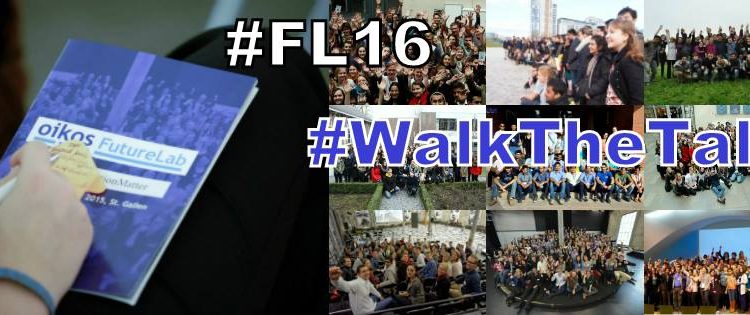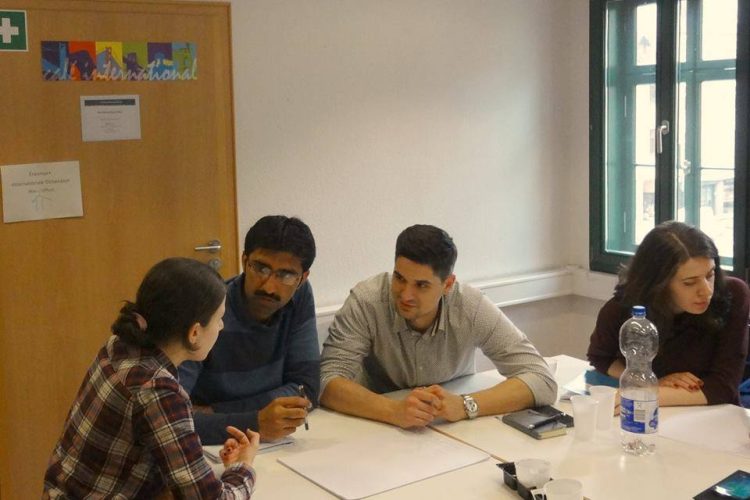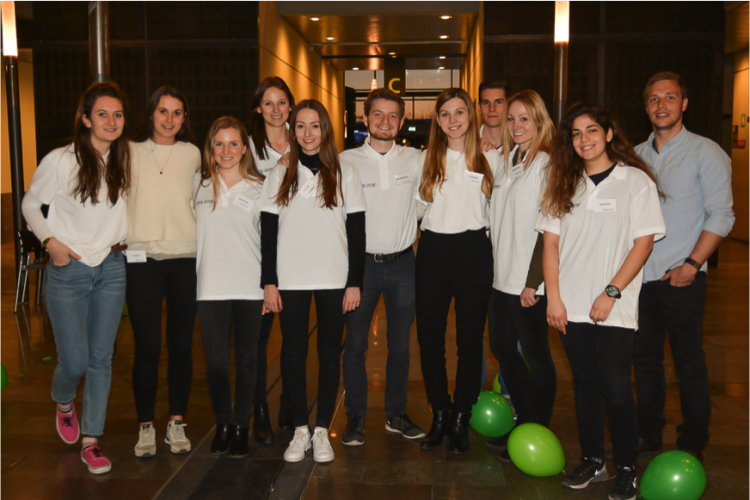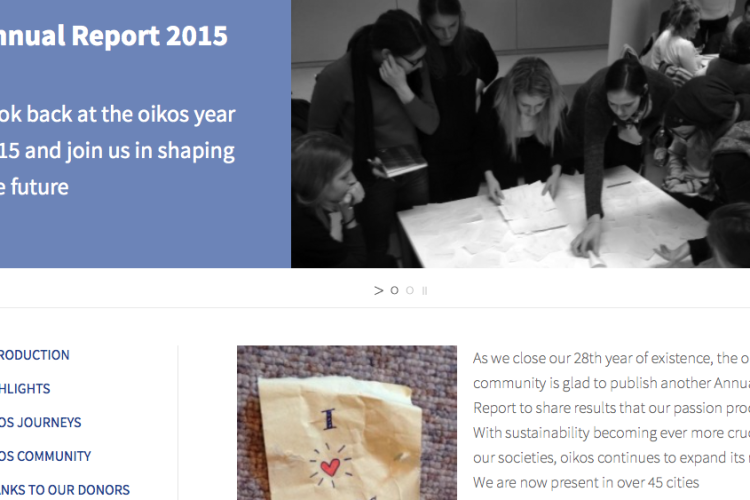For the sixth consecutive year, the oikos community is gathering in St Gallen, Switzerland for the FutureLab 2016 to pursue the implementation of our mission: integrating more sustainability in...
On 26th of April, 2016 oikos Jena welcomed Sebastian Philipps from Accenture (Berlin) to share sustainability-driven strategy consulting experience with oikos members. Participants had a unique chance to get...
During this year’s Green Week from the 15th till the 17th of March, students had the opportunity to learn more about sustainable living and working; and engaged in discussions...
Based on a cross-country qualitative study focusing on the agricultural seed business sector, this research explores the nature and scope of strategies adopted by multinational corporations (MNCs) that involve...
This paper analyzes and quantifies cost structures of agent-assisted banking beyond branches channels (ABCs) and compares them to the costs of branch channels. This addresses a gap in the...
oikos St. Gallen hosts Elle’n’Belle, a Zurich-based vegan restaurant, at oikos&Pizza.
oikos Cologne invites fellow students for a get-to-know-oikos meeting at the University of Cologne. Further information is available here.
As we close our 28th year of existence, the oikos community is glad to publish another Annual Report to share results that our passion produces. With sustainability becoming ever...
As one of three winners of the oikos-Accenture Strategy workshop, join oikos Jena to learn more on sustainability strategy. Find more information here on how to participate.
oikos St. Gallen will host SUSI Partners for oikos&Pizza. SUSI Partners is a Swiss investment advisor specialized in financing the development of sustainable infrastructure, including renewable energy generation, energy...





